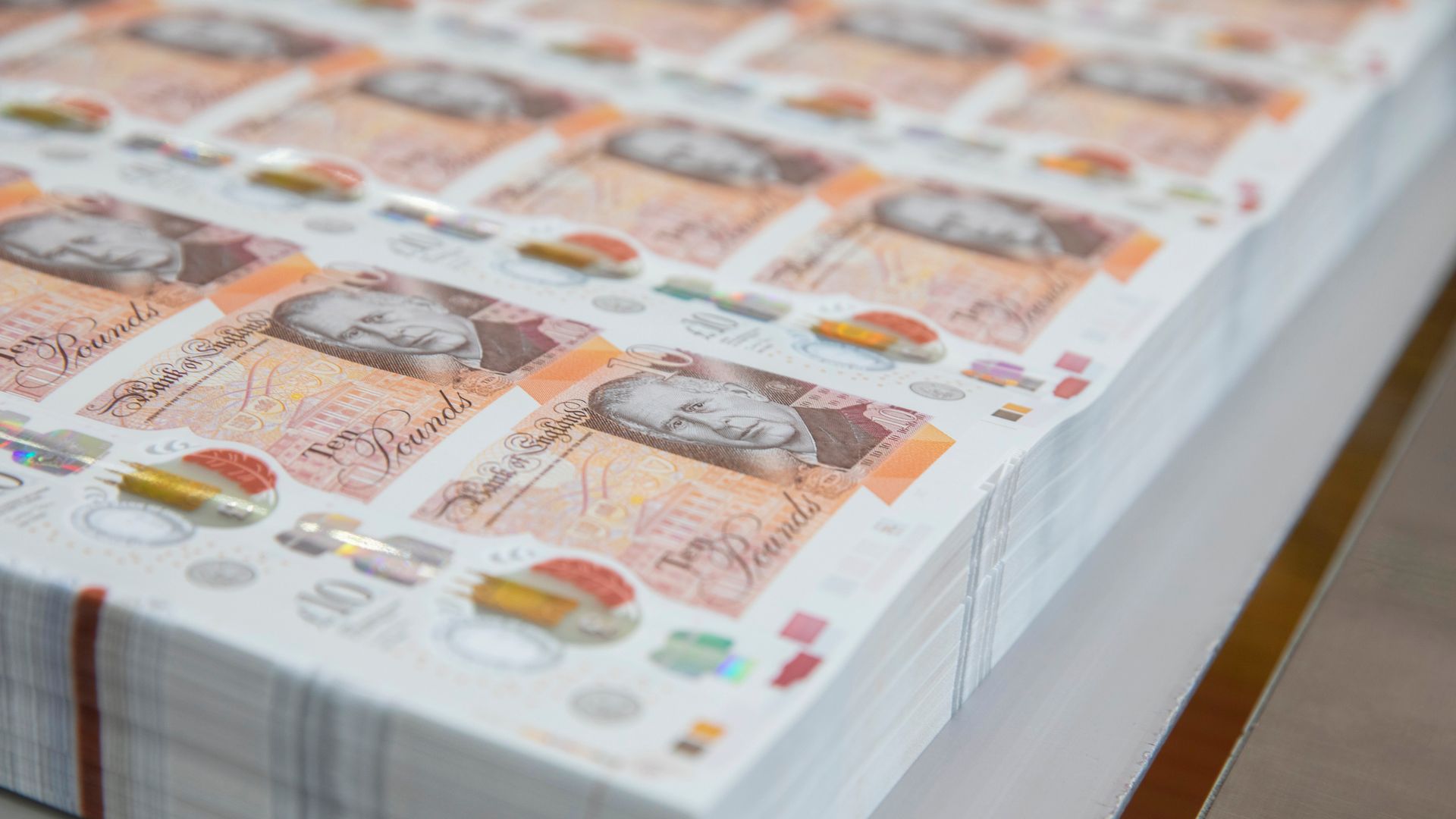The Mt. Gox scandal remains one of the most significant events in the history of cryptocurrency. In 2014, the exchange suffered a major hack, resulting in the theft of over 850,000 Bitcoin (BTC), worth approximately $450 million.
Since then, the hunt for the stolen Bitcoin has continued. In 2019, a group of creditors filed a civil rehabilitation petition to recover their lost funds. The trustee in charge of the Mt. Gox estate, Nobuaki Kobayashi, has been selling off the exchange’s remaining assets to repay the creditors.
Recently, Australian entrepreneur and self-proclaimed Bitcoin creator, Craig Wright, claimed ownership of the 1Feex address, which has been linked to the Mt. Gox hack. Wright’s claims have raised questions since the 1Feex address received a significant amount of Bitcoin in 2013, around the same time as the Mt. Gox hack.
Mt. Gox Scandal Takes A New Turn
The controversy further deepened when the former CEO of Mt. Gox, Mark Karpeles, addressed the ongoing debate surrounding the 1Feex address and its connection to the Mt. Gox hack.
Wright had claimed ownership of the 1Feex address, stating that the funds received were acquired through legitimate means.
However, Karpeles has issued a statement certifying that the 79,956.55 Bitcoin sent to the 1Feex address on March 1st, 2011 were transferred without proper authorization from the exchange’s original Bitcoin wallet and are considered stolen property belonging to Mt. Gox estate for the profit of the Mt. Gox creditors.
Karpeles’ statement raises serious questions about the legitimacy of Wright’s ownership claims and the possibility that he may have received stolen funds, or even been complicit in the Mt. Gox hack.
Fate Of Stolen Funds Remains Unclear
The scandal surrounding the defunct crypto exchange has been at the forefront of the cryptocurrency industry for years, and this recent controversy only adds to the intrigue. As the legal battle continues, the fate of the stolen funds and the future of Mt. Gox’s creditors remains uncertain.
There are a few potential outcomes for the Mt. Gox creditors:
- Full repayment: The best-case scenario for the creditors would be to receive full repayment of their lost funds. However, this outcome seems unlikely, as the amount of stolen Bitcoins far exceeded the amount of assets that have been recovered.
- Partial repayment: Another potential outcome is that the creditors will receive a partial repayment of their lost funds. This could happen if the trustee is able to recover more assets or if the remaining assets are worth more than expected.
- No repayment: The worst-case scenario for the creditors would be to receive no repayment at all. This could happen if the remaining assets are not worth enough to cover the creditors’ claims or if the legal battles drag on for years without a resolution.
Related Reading: SEC Sues Crypto Influencer Over Alleged $1 Billion Unregistered Securities Offering
Overall, the fate of the creditors remains uncertain, and it is unclear when they will receive any repayment for their lost funds. The ongoing legal battles and controversies surrounding the Mt. Gox scandal will continue to be closely watched by the cryptocurrency industry.
Featured image from Unsplash, chart from TradingView.com





